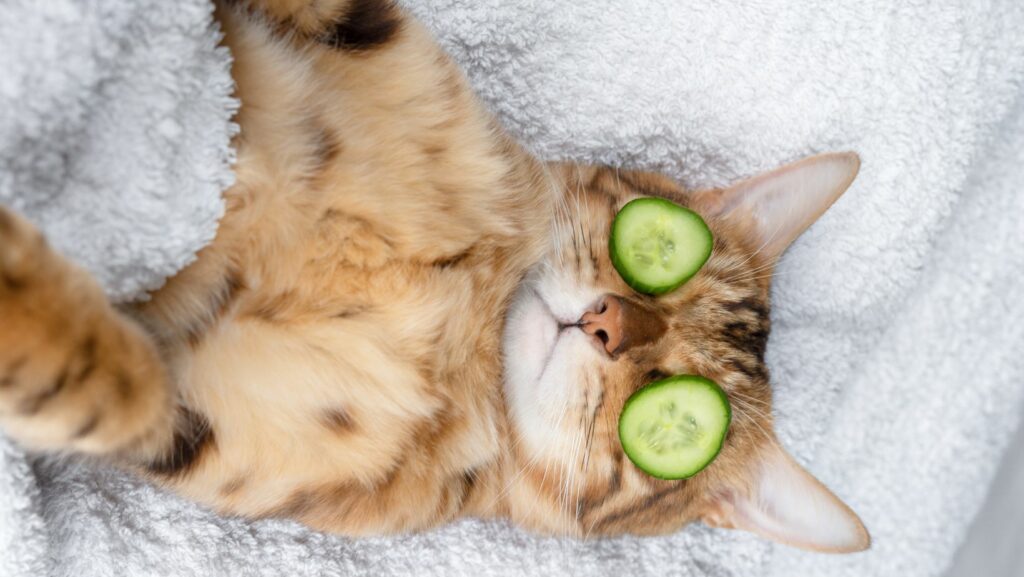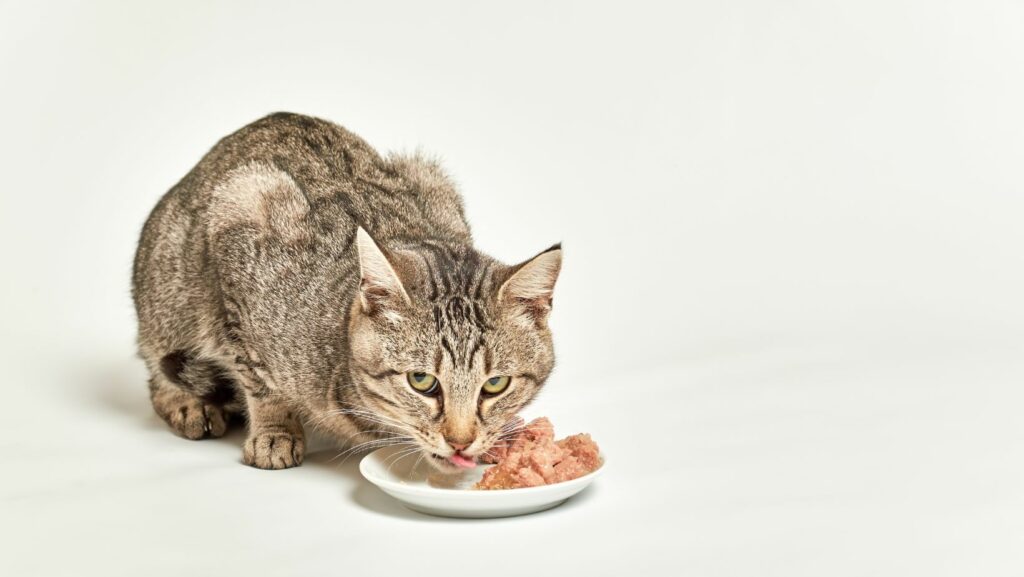Every cat owner wants their feline friend to lead a long, healthy life, and regular wellness exams are key in making that happen. These routine check-ups allow veterinarians to catch potential health issues early, ensuring that cats stay in peak condition. A cat wellness exam typically includes a thorough physical assessment, vaccinations, and discussions about diet, behavior, and lifestyle.
Investing time in these wellness exams is a proactive step towards safeguarding a cat’s health. It’s an opportunity for pet owners to address concerns and learn more about their cat’s specific needs, promoting a happier, healthier life.
Cat Wellness Exam
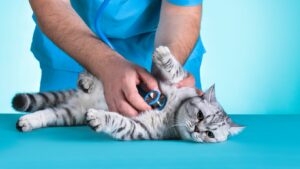
A cat wellness exam holds significant value in monitoring a feline’s health. Wellness exams allow veterinarians to conduct thorough physical assessments. Consequently, they identify diseases like diabetes and kidney issues early. Cats frequently mask discomfort; thus, early detection during wellness exams becomes crucial. Vaccinations are another essential aspect of these check-ups. Staying up-to-date with shots prevents common feline diseases, ensuring a longer, healthier life.
Behavioral evaluations are a key component of cat wellness exams. Discussing habits with veterinarians helps address issues like aggression or anxiety. Understanding a cat’s behavior promotes a balanced environment. Diet consultation is included in the wellness exam, guiding cat owners on nutritional needs. Proper diet impacts overall well-being, weight management, and energy levels.
Prioritizing regular cat wellness exams empowers pet owners to make informed decisions. By focusing on preventive care, they contribute to their cat’s quality of life and longevity. These exams form the foundation of proactive feline health management.
Components Of A Cat Wellness Exam
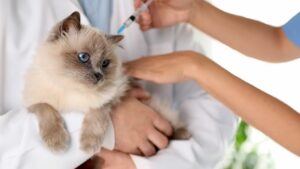
A cat wellness exam involves several key components, each essential for maintaining feline health. During the exam, the veterinarian conducts a physical examination, inspecting the cat’s body for any abnormalities. They check the ears, eyes, and mouth and assess the skin for signs of parasites or infections.
Vaccination updates ensure that the cat is protected against diseases like rabies and feline distemper. The veterinarian evaluates the cat’s vaccination schedule and administers necessary shots.
Behavioral assessments address any concerning behaviors the cat exhibits, such as anxiety or aggression. Understanding these behaviors helps maintain a peaceful home environment.
Dietary consultations are crucial, as they ensure the cat receives balanced nutrition tailored to its age and health status. The veterinarian discusses diet adjustments if needed to manage weight or address specific health concerns.
Routine laboratory tests may be conducted, including blood work and urinalysis, to detect underlying conditions. These tests provide insight into the cat’s overall health, contributing to comprehensive care and prevention strategies.
Preparing Your Cat For A Wellness Exam
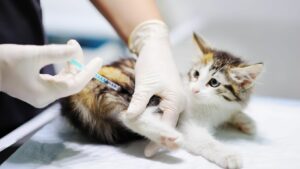
Scheduling regular wellness exams plays a crucial role in maintaining your cat’s health. Before the appointment, ensure your cat’s comfortable with its carrier. Gradually introduce it to the cat days before the visit. Placing familiar items like blankets or toys can decrease anxiety.
Keep feeding schedules consistent before the wellness exam unless instructed otherwise by the veterinarian. An empty stomach can help during specific tests. Consider scheduling the appointment when the clinic is quieter, reducing stress for both owner and pet.
List questions and concerns regarding behavior, diet, or any observed symptoms beforehand. This preparation ensures all issues are addressed during the wellness exam, maximizing the time spent with the veterinarian. Observing your cat’s normal behavior assists in detecting any deviations, which could be crucial for the exam.
Common Findings During A Cat Wellness Exam
Regular wellness exams often reveal insights that might not be apparent in everyday observation. Veterinarians frequently identify early signs of dental disease or weight fluctuations, which are crucial for preventing more serious health issues. They may also detect subtle changes in a cat’s coat or skin, indicating potential allergies or other underlying conditions. Routine blood tests and urinalysis can uncover early stages of chronic diseases like kidney failure or hyperthyroidism, allowing for timely intervention. By consistently attending these check-ups, cat owners empower themselves with the knowledge needed to address health concerns promptly, ensuring their feline companions lead vibrant and fulfilling lives.
